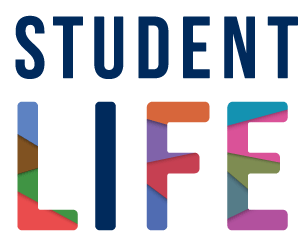Students in higher education need to be critical thinkers. These resources will help you gain a deeper understanding of what critical thinking is and when to use it. You will learn how to organize your thoughts, ask constructive questions and develop the strong problem-solving skills needed to complete academic work at the University of Toronto.
Strategies for online discussions
Keep your mind active by asking questions of your professor, TA, other students or even yourself.
Review the Reading Effectively (PDF) handout for examples of helpful questions to ask.
Review the discussion instructions. Are you being asked to pose a question, critically comment on one of the readings and/or write a reflection? For critical discussions, start by asking one or two of the following key questions about the text:
- What is the central claim or thesis?
- What is the supporting evidence?
- Why is this claim significant in the context of your course/discipline?
- Are there any gaps, shortcomings or limitations to the argument?
- Is there a counter-argument that can be made?
- How does this text relate to something else you learned in this course?
Review suggestions for writing responses and reflections on the Write Effectively page.
Helpful documents
- Writer’s Block (PDF)
-

Associated Programs
Learning How to Learn
Explore workshops with evidence-based practices to help you with exam prep, meet new expectations and improve your studying at U of T.
Learn more about Learning How to LearnLearning Well in First Year
Explore ways to adjust to university and learn more effectively in your first year at U of T.
Learn more about Learning Well in First YearLearning Well in Second Year
A 4-week learning program to help you get off to a good start in your second year.
Learn more about Learning Well in Second Year -

Associated Services
CLSS Workshops by request
Book a custom workshop for your class or student group. Learn more about CLSS Workshops by request




